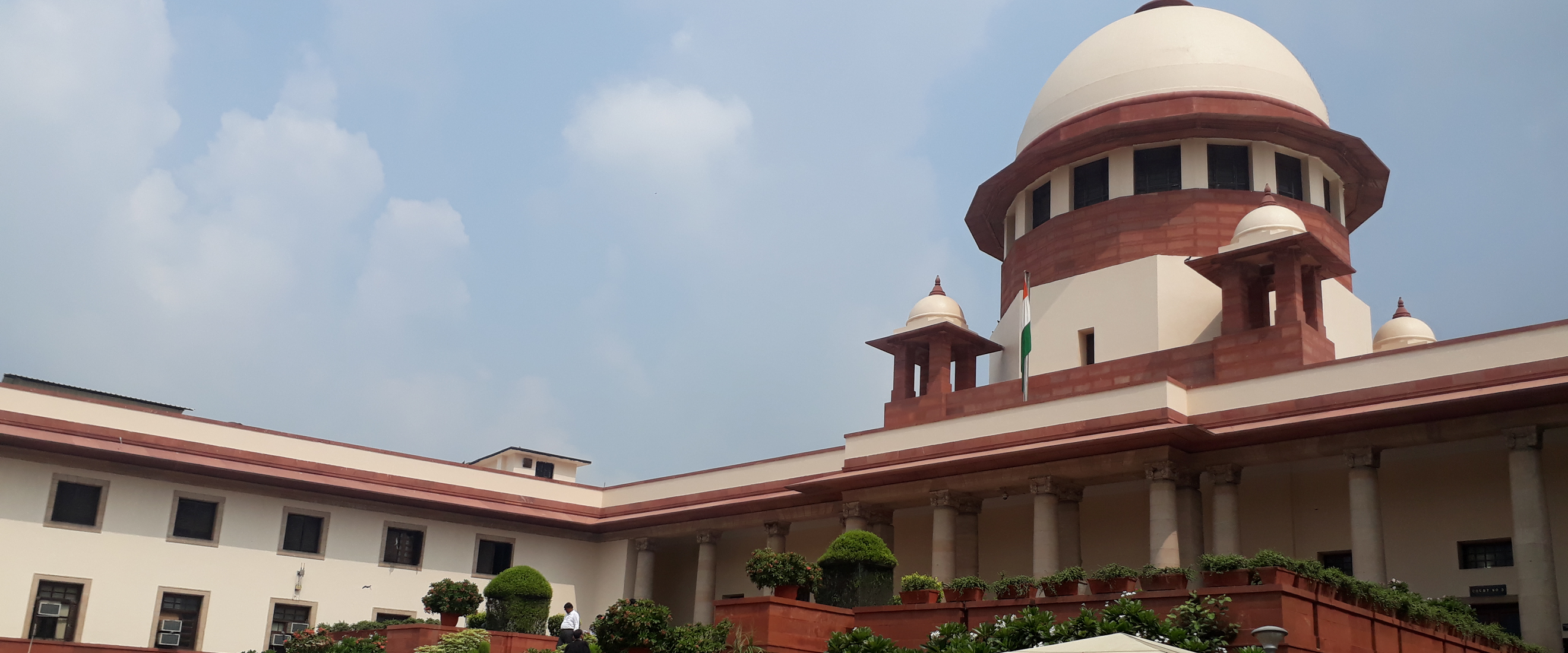Analysis
With a Shift to Virtual Hearings, SC to Hear Urgent Matters
DESK BRIEF: The Third Wave of the pandemic has pushed the Supreme Court to shift to virtual hearings and prioritise urgent matters.

The looming spectre of the Third Wave of the pandemic has pushed the Supreme Court to shift to virtual hearings, with the Court now focusing on urgent matters. This shift is likely to adversely affect the sharply mounting pendency of cases at the Court.
In view of the sudden spike in COVID cases, the Court announced that from January 10th, it will hear ‘extremely urgent (mentioned) matters’. Typically, urgent matters include those involving bail, stay, detention, death penalty cases, habeas corpus matters and election matters. However, the Court is not limited by this list. It possesses the discretionary power to determine the cases it hears on an urgent basis.
Last week, the Court urgently heard and adjudicated on the question of reservations for EWS and OBC candidates in post-graduate medical admissions. Rapidly escalating protests by doctors, coupled with the imminence of the Third Wave of the pandemic spurred the Court to schedule the matter for urgent hearing. On Friday, the Court on an urgent basis heard a petition seeking an investigation into security lapses during Prime Minister Modi’s visit to Punjab. Today, the Court agreed to urgently hear a PIL seeking an impartial investigation into hate speeches against Muslims at a religious conclave in Haridwar.
The Court’s decision to prioritise only those matters that it considers urgent may have debilitating effects on its already pressing pendency problem. In 2021, the shift to virtual hearings saw an increase in pendency at the Supreme Court. At the beginning of 2022 the Court is saddled with a startling 70,000 pending cases. The Court’s recent shift to virtual hearings this year is likely to further exacerbate pendency at the SC.
For more on pendency at the Supreme Court, click here.




